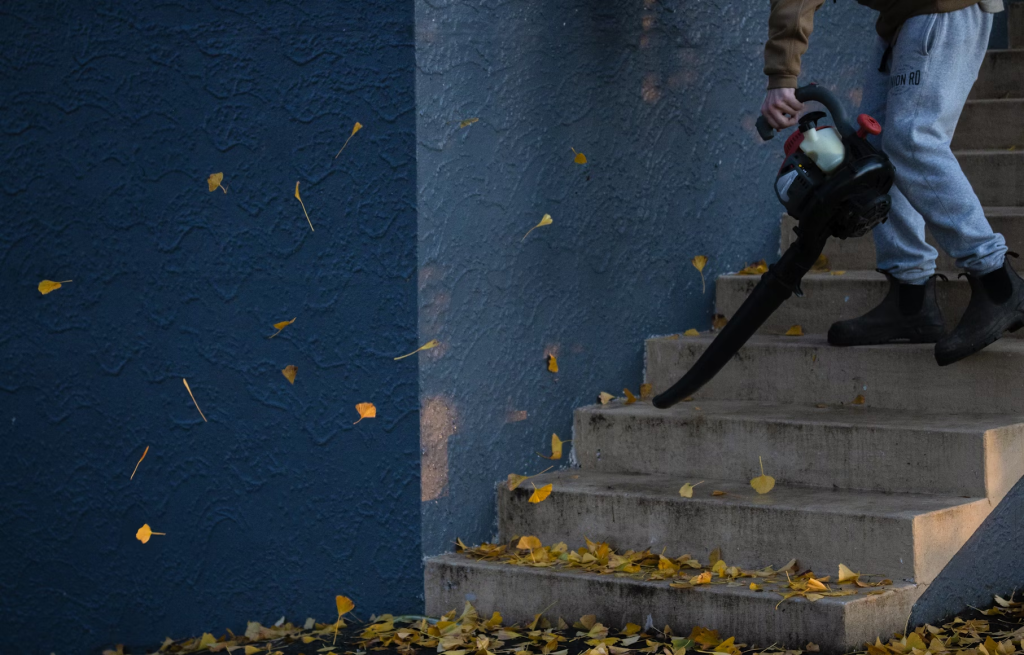Pressure Cleaning Tips for Miami’s Unique Climate

Miami’s stunning beaches, vibrant culture, and year-round sunshine make it a paradise for residents and visitors alike. However, the same tropical climate that draws people to the Magic City also presents unique challenges for property maintenance. Pressure cleaning, an essential task for keeping homes and businesses looking their best, requires special considerations in Miami’s environment. This guide will provide you with expert tips to make the most of your pressure cleaning efforts in South Florida’s distinctive climate.

Understanding Miami’s Climate Challenges
Before diving into specific pressure cleaning techniques, it’s crucial to understand the climate factors that make Miami unique:
- High Humidity: With average humidity levels often exceeding 70%, Miami’s air is constantly moist, promoting the growth of mold, mildew, and algae.
- Salt Air Corrosion: Proximity to the ocean means salt-laden air, which can corrode metals and degrade various surfaces over time.
- Intense Sun Exposure: Miami receives an average of 3,000 hours of sunshine annually, leading to fading, oxidation, and heat damage on exterior surfaces.
- Heavy Rainfall: Despite the sunshine, Miami experiences significant rainfall, particularly during the wet season from May to October, increasing the risk of water damage and flooding.
These factors combine to create a perfect storm for dirt accumulation, organic growth, and surface deterioration, making regular pressure cleaning a necessity rather than a luxury.
Choosing the Right Pressure Cleaning Equipment
Selecting appropriate equipment is crucial for effective cleaning without damaging surfaces:
- Optimal PSI: For most residential uses, a pressure washer with 1300-2400 PSI is sufficient. Commercial properties may require up to 3300 PSI.
- Hot vs. Cold Water Systems: Hot water systems are more effective for removing grease and oil, common on driveways and parking lots.
- Adjustable Nozzles: Look for machines with various nozzle options to adapt to different cleaning tasks.
- Eco-Friendly Options: Consider electric pressure washers for smaller jobs to reduce emissions and noise pollution.
A study by the Pressure Washer Manufacturers’ Association found that using the correct PSI can increase cleaning efficiency by up to 40% while reducing water usage.
Best Practices for Pressure Cleaning in Miami
Timing is Everything
- Clean early morning or late afternoon to avoid the intense midday heat.
- Schedule regular cleanings: every 3-4 months for high-traffic areas, biannually for most surfaces.
Technique Matters
- Start with a wide spray pattern and gradually narrow for stubborn stains.
- Maintain a consistent distance from the surface to ensure even cleaning.
- Clean from top to bottom to prevent streaking.
Safety First
- Wear protective gear, including eye protection and non-slip shoes.
- Stay hydrated and take frequent breaks to avoid heat exhaustion.
- Be cautious of slippery surfaces, especially in Miami’s humid conditions.
Dealing with Miami-Specific Cleaning Challenges
Salt Residue Removal
- Use a low-pressure, wide spray to pre-rinse surfaces.
- Apply a specialized salt remover solution before pressure cleaning.
- Rinse thoroughly to prevent salt redeposition.
Tackling Mold and Mildew
- Apply a mold-specific cleaner and let it sit for 10-15 minutes.
- Use a medium-pressure spray to remove the growth.
- Consider applying a mold-inhibiting sealant after cleaning.
Post-Storm Cleaning
- Wait for standing water to recede before cleaning.
- Disinfect surfaces that may have been contaminated by floodwater.
- Pay special attention to gutters and downspouts to ensure proper drainage.
Addressing Beach Debris
- Use a pre-treatment to loosen sand and salt buildup.
- Employ a rotating surface cleaner attachment for large, flat areas like driveways.
Environmentally Friendly Cleaning Solutions
Miami’s delicate ecosystem requires thoughtful cleaning practices:
- Opt for biodegradable, phosphate-free detergents.
- Consider natural alternatives like vinegar for light cleaning tasks.
- Implement water reclamation systems to minimize runoff into storm drains.
The Miami-Dade County Environmental Resources Management department recommends using eco-friendly cleaning methods to protect local waterways and Biscayne Bay.
Post-Cleaning Maintenance Tips
Proper maintenance extends the benefits of pressure cleaning:
- Apply a quality sealant to cleaned surfaces to repel dirt and moisture.
- Conduct monthly visual inspections to catch issues early.
- Perform spot-cleaning as needed between deep cleans.
Research by the International Association of Certified Home Inspectors suggests that regular maintenance can extend the life of exterior surfaces by up to 50%.
When to Call a Professional
While many pressure cleaning tasks can be DIY projects, some situations call for professional expertise:
- Complex or large-scale cleaning jobs
- Cleaning at heights or hard-to-reach areas
- Commercial properties with specific compliance requirements
Professional services have access to more powerful equipment and specialized cleaning solutions. They’re also well-versed in Miami’s local regulations regarding wastewater management and environmental protection.
Conclusion
Pressure cleaning in Miami’s unique climate presents both challenges and opportunities. By understanding the local environmental factors, choosing the right equipment, and employing proper techniques, you can keep your property looking its best year-round. Remember to prioritize eco-friendly practices and regular maintenance to protect both your investment and Miami’s beautiful natural environment. Contact us for professional pressure cleaning services.
Whether you’re a homeowner maintaining your property’s curb appeal or a business owner ensuring a welcoming atmosphere for customers, these pressure cleaning tips will help you navigate the specific demands of Miami’s tropical climate. With the right approach, you can enjoy a clean, beautiful property that stands up to the Magic City’s sun, salt, and storms.

